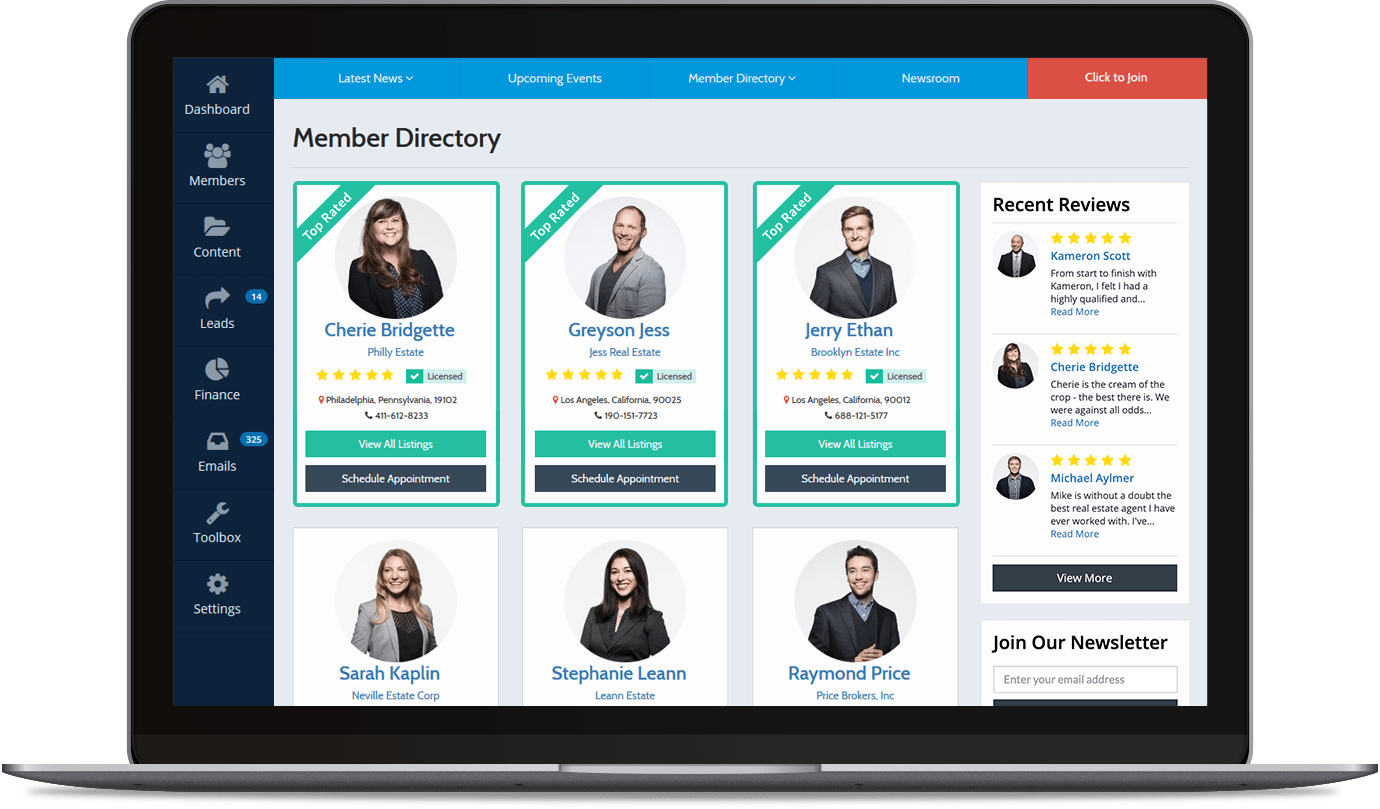Navigating the Virtual Environment: A Handbook to Online Directories
Navigating the Virtual Environment: A Handbook to Online Directories
Blog Article

In today’s digital age, the broad scope of the internet can feel overwhelming. With a multitude of websites available, finding trustworthy data or a specific resource often turns into a daunting task. This is where web directories and web portals play a crucial role. They serve as key resources that help users navigate the intricate online landscape. By categorizing content, these platforms can significantly enhance the user experience and make information retrieval easier.
Website directories provide structured listings of websites, allowing visitors to browse through categories or search for specific topics. They compile content, making it easier for individuals to get acquainted with new sites without sifting through a plethora of search engine results. On the other hand, web portals act as hubs, offering a centralized hub where users can utilize a variety of resources, services, and tools all in one spot. Understanding the distinctions and benefits of using website directories and internet portals is important for anyone who wants to make the best use of the online world.
Understanding Web Directories
Web directories serve as structured collections of websites, providing users with a way to explore and discover diverse online resources based on particular categories. Unlike search engines that use algorithms to obtain results, online directories rely on human editors who curate listings, ensuring that information is both relevant and categorized appropriately. This makes online directories a useful tool for users seeking particular types of websites without sifting through the vast amounts of data offered by search engines.
The structure of online directories typically includes wide categories that are further broken down into subcategories. This organized organization allows users to navigate more easily through different topics, making it easier to locate desired content promptly. Many online directories also include explanations of the featured sites, offering insights into what users can expect when they access them. This curated approach not only helps in the search process but also benefits website owners by providing a platform for exposure and traffic generation.
Furthermore, web directories can change significantly in terms of theme and audience. Some directories cater to niche niches, such as local businesses, academic resources, or industry-specific sites, whilst others might offer a broader array of categories. This range allows users to choose directories that are most suitable for their interests and needs, thus augmenting their online exploration experience. As the digital landscape continues to evolve, online directories remain a critical resource for both users and content providers alike.
The Role of Web Portals
Web portals serve as entrances to information and resources on the internet, providing users with a centralized platform to access a range of resources and data. They often offer a selection of tools, including lookup functionalities, news feeds, community spaces, and shortcuts to external sites. This aggregation of services makes web portals extremely valuable for users who seek convenience in navigating the vast digital landscape.
One of the crucial aspects of web portals is their ability to tailor content and services to specific user needs. Numerous portals incorporate customization options, allowing users to tailor their experience based on choices, interests, or location. This level of tailoring enhances user engagement and ensures that individuals can easily find pertinent information without sifting through unrelated content.
Web portals are also important for organizations as they provide a platform for efficient communication and interaction with their audience. By leveraging web portals, organizations can share information, market services, and foster communities. This can lead to better customer satisfaction and loyalty, as users feel more engaged and supported through easy access to the resources they need.
Best Practices for Using Directories
In the realm of utilizing web directories, it's crucial to select the appropriate directory that aligns with your target audience or demographic. Search for directories that are proven and have a strong reputation. This guarantees that your listing gains attention among users who are truly interested in your offerings. Steer clear of directories that appear low-quality or lack stringent editorial guidelines, as these can undermine your brand's credibility.
Explore Art Collections Online
Another key practice, is to optimize your listing with pertinent keywords and concise descriptions. By developing a thoughtfully crafted entry, you can significantly enhance your chances of being located by potential visitors. Emphasize providing precise information about your company or website, including services offered and unique selling points. This lucidity not only aids with discoverability but also improves user experience when they come across your listing.
Lastly, periodically review and refresh your directory listings to guarantee the information remains up-to-date and correct. Outdated details can frustrate users and lead to a decline of trust in your brand. Respond with customer suggestions and make required adjustments to your listing. This forward-thinking approach not only strengthens your online presence but also demonstrates your devotion to excellent service.
Report this page